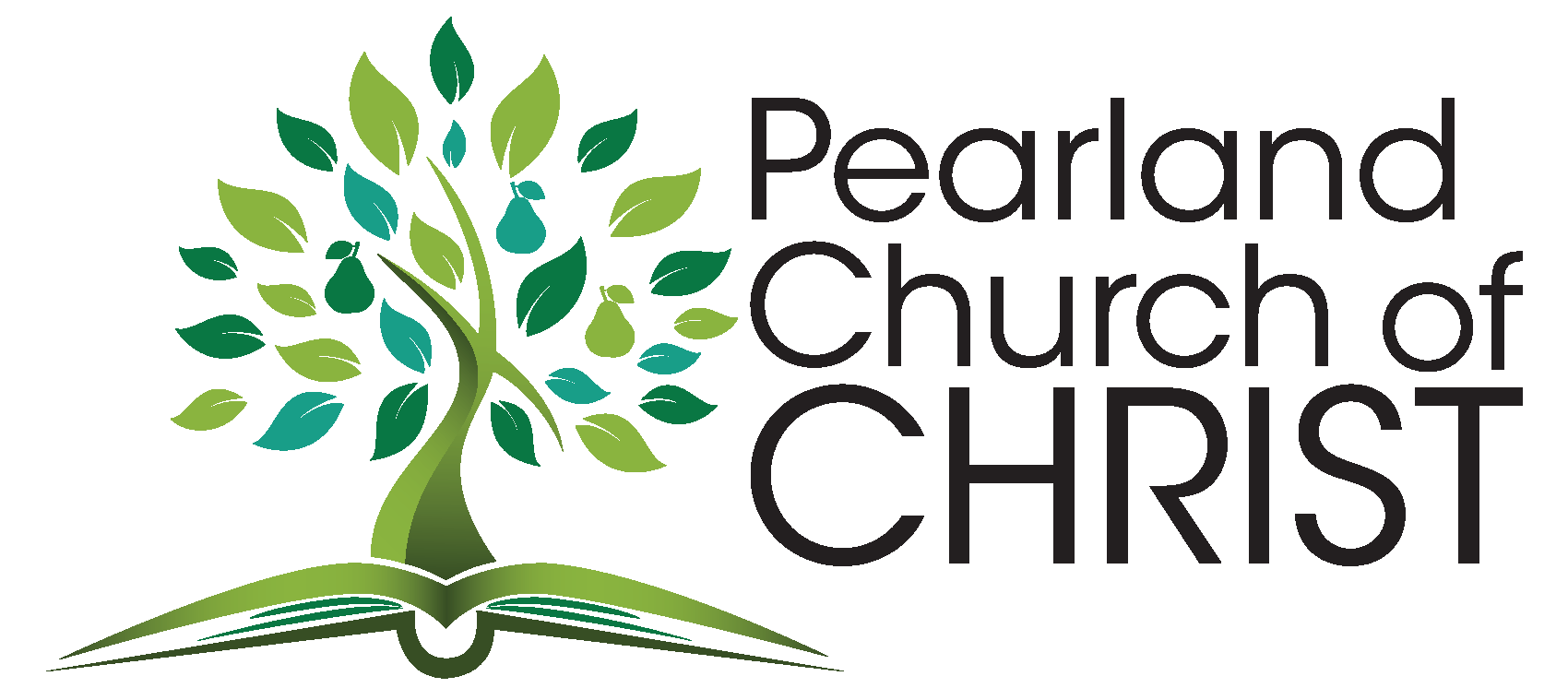Postmodernism is extremely difficult to attach a definition to, however it could very well be summed up as the death of God, death of reason, death of truth, and death of self.¹ Postmodernism is not an idealism that is able to be held such as theology. Rather, it pulls from other viewpoints (mainly Naturalism). Due to the death of God, the value of everything else must go down as well since there would be no standard for values or an ethical system. Reality of the Postmodernist is merely matter since God does not exist.
Real truth cannot be known because of their standpoint that all language in a construct of man and therefore cannot be trusted. The avenue in which they would gain knowledge is through stories that have been passed down through time from one person to the next. However, one still cannot trust it fully because the language used to tell the stories is, as Nietzsche put it, “a mobile army of metaphors”.¹ Truth, then, becomes whatever an individual can make their friends and coworkers believe and agree upon. This is how the stories that began to be passed down would seem to come to pass. These stories, called metanarratives, give any given region the specific characteristics that distinguish it from the rest of society.
The absence of God leaves humans to create the reality of their choice. They have the power of language and can construct any illusion they wish to be and live. Morality, then, is whatever the majority of any given population deems to be good. This is where language and metanarratives become powerful, as one truth can overshadow another through propaganda and acceptance and change what is good. Postmodern thought has a panoramic sweep to reach a wide range of people. Overall, postmodernism is the death of God which leaves the human to rely on self. This ideology denies God and denies truth, therefore they are in their minds free from responsibility and obedience to a higher being other than themselves.
- Sire W. James, The Universe Next Door (5th edition) Dowers Grove, Illinois. IVP, 2009, pg 242,222
